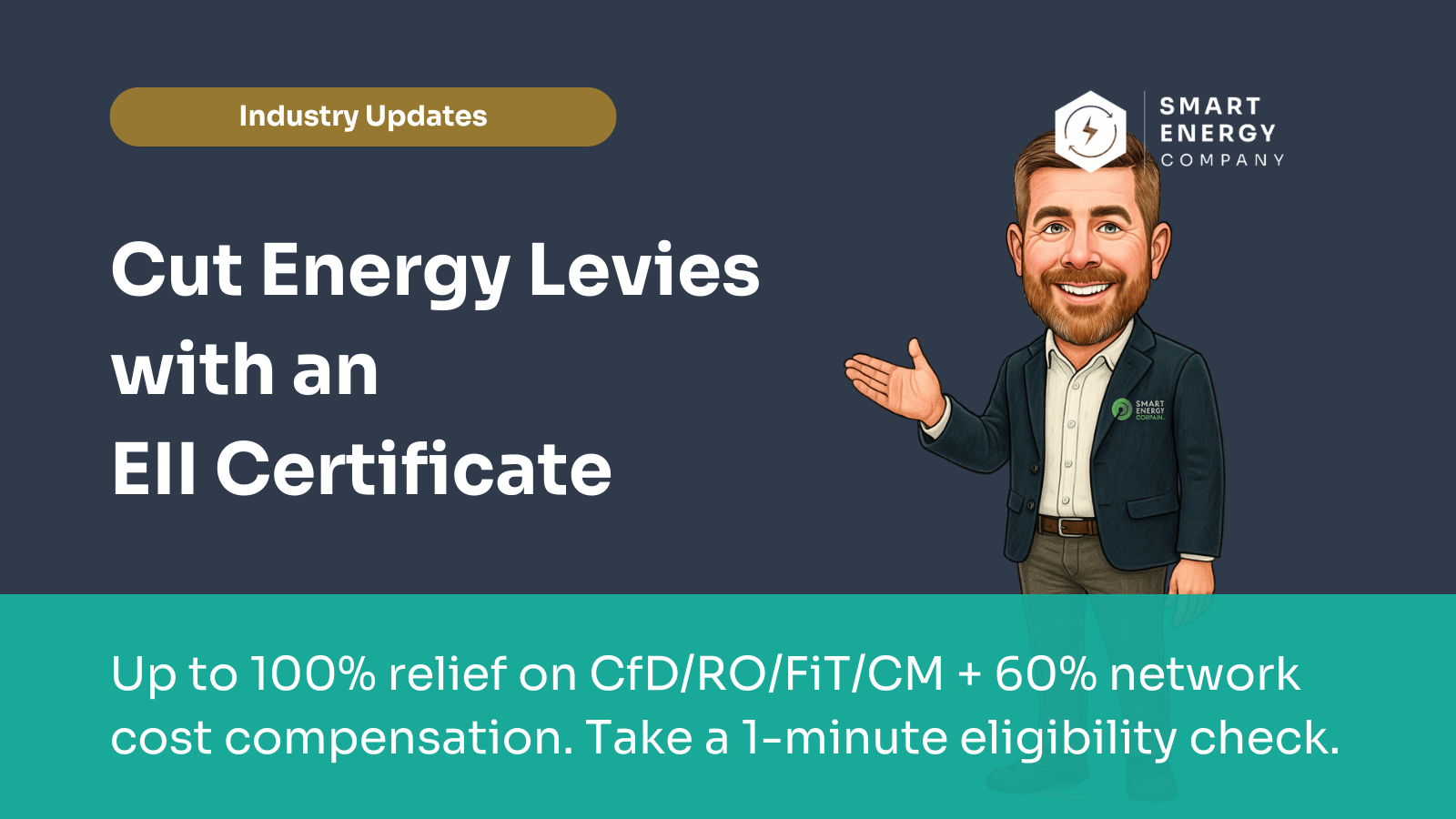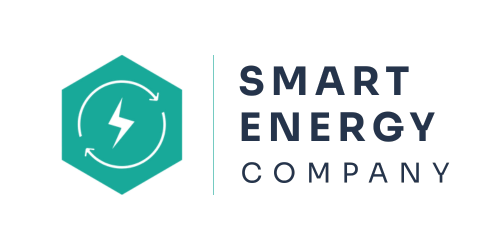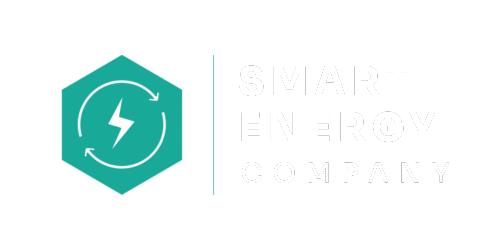How Energy Intensive Industries Can Cut Energy Levies with an EII Certificate
Understanding EII Certificates and Why They Matter

Energy Intensive Industries (EIIs) such as steel, glass, chemicals, and paper face some of the highest energy bills in the UK. On top of wholesale prices, these businesses are hit with multiple government charges designed to fund renewable and low-carbon electricity.
These include:
- ⚡ Contracts for Difference (CfD)
- 🌍 Renewables Obligation (RO)
- ☀️ Feed-in Tariff (FiT)
- 🔌 Capacity Market (CM)
From November 2025, the Nuclear RAB levy will add a further £3.455/MWh to electricity bills, rising towards £4.50/MWh by 2027. In April 2026, TNUoS standing charges are also set to climb significantly.
For EIIs, one of the most effective ways to cut these policy costs is through an EII Certificate.
✅ What is an EII Certificate?
An EII Certificate is issued by the Department for Business and Trade (DBT) and confirms a company’s eligibility for relief from certain energy levies.
With a valid certificate, businesses can access:
- Up to 100% exemption from CfD, RO, FiT and CM costs.
- 60% compensation on network charges (DUoS, TNUoS, BSUoS) via the Network Charging Compensation Scheme.
Certificates are valid until the following June and must be renewed annually.
📋 Who Qualifies?
Eligibility is based on two tests:
1. Sector Test – The business must manufacture in one of the listed eligible sectors (defined by NACE codes). Examples include:
- Steel, aluminium and other metals
- Glass, ceramics, and cement
- Paper and pulp
- Chemicals and fertilisers
2. Business Test – Electricity costs must equal 20% or more of Gross Value Added (GVA) over a reference period.
Other requirements:
- At least 3 months of financial and electricity consumption data.
- Evidence such as May & November electricity bills, accounts, and meter details.
📝 How to Apply for an EII Certificate
Step 1: Check Eligibility
- Confirm your sector and electricity intensity.
Step 2: Gather Evidence
- Recent accounts (EBITDA + staff costs)
- Electricity bills (May & November)
- MPAN details and meter consumption
Step 3: Submit to DBT
- Businesses can apply directly to DBT.
- Or — we can manage the full process on your behalf. With a simple
Letter of Authority (LoA), Smart Energy will prepare, submit, and liaise with suppliers so you don’t have to.
📌 Prefer us to do the work for you?
We can manage the entire EII Certificate process for you — from checking eligibility to submitting your application with DBT and passing it to your supplier. All we need is a quick signed Letter of Authority (LoA), and we’ll handle the rest.
🚨 Why This Matters Now
From late 2025, UK businesses will face two new cost pressures:
- Nuclear RAB levy – confirmed at £3.455/MWh from 1st Nov 2025, with forecasts of £3.50–£4.50/MWh through to 2027.
- Example: A site using 4 GWh (4,000 MWh) per year will pay an extra £13,820–£18,000 annually just from the Nuclear RAB levy.
- TNUoS standing charge increases (Apr 2026) – these will raise fixed network costs significantly, particularly for high-usage sites.
Combined, these charges add to the existing weight of CfD, RO, FiT and CM levies. Without an EII Certificate, businesses will shoulder the full cost.
👉
Read our Nuclear RAB Levy explainer »
👉
Learn about TNUoS standing charge increases »
💷 Business Impact
Government analysis shows levies can add 20–25% to electricity bills for heavy industry. Relief through an EII Certificate can:
- Cut levy costs by up to 100%
- Reduce network charges by 60%
- Protect against upcoming increases like the Nuclear RAB levy and TNUoS charges
For a high-usage manufacturer, this can mean hundreds of thousands saved every year.
❓ Common Questions
How long does a certificate last?
Usually from the date of issue until the following June. Businesses must reapply each year
Can brokers apply for me?
Yes — with a Letter of Authority, an agent can manage the process from start to finish
Do CCAs (Climate Change Agreements) still matter?
Yes. CCAs provide separate relief on the Climate Change Levy (CCL) — up to 92%. Many EIIs use both schemes together.
📞 Take Action Today
Don’t wait until new levies hit your bills. If your business could qualify as an Energy Intensive Industry, we can guide you through eligibility and manage the application process.
📞 Call us on
0151 459 3388
✉️ Email
info@smart-energy.uk
Final Thoughts
With the Nuclear RAB levy arriving in 2025 and TNUoS standing charges rising in 2026, Energy Intensive Industries must act now to protect against avoidable costs.
An EII Certificate could be the difference between paying the full weight of policy charges — or keeping your energy spend under control.


